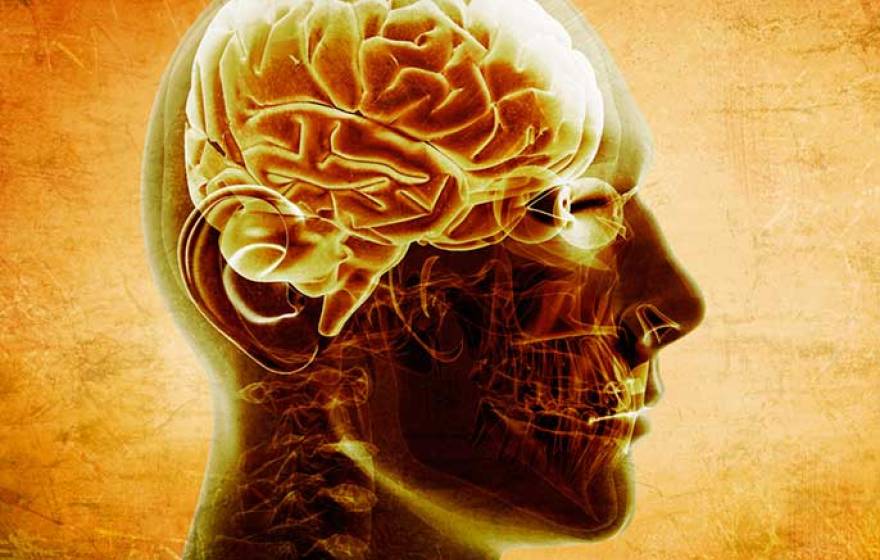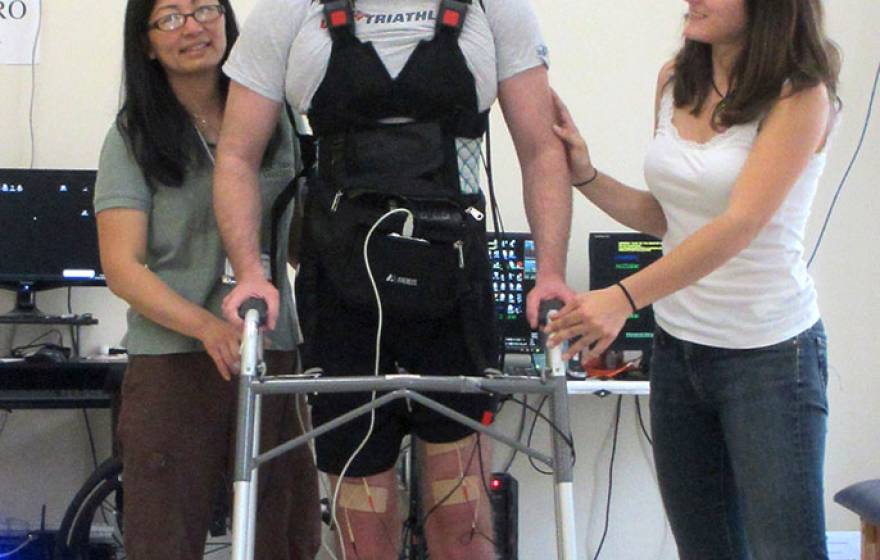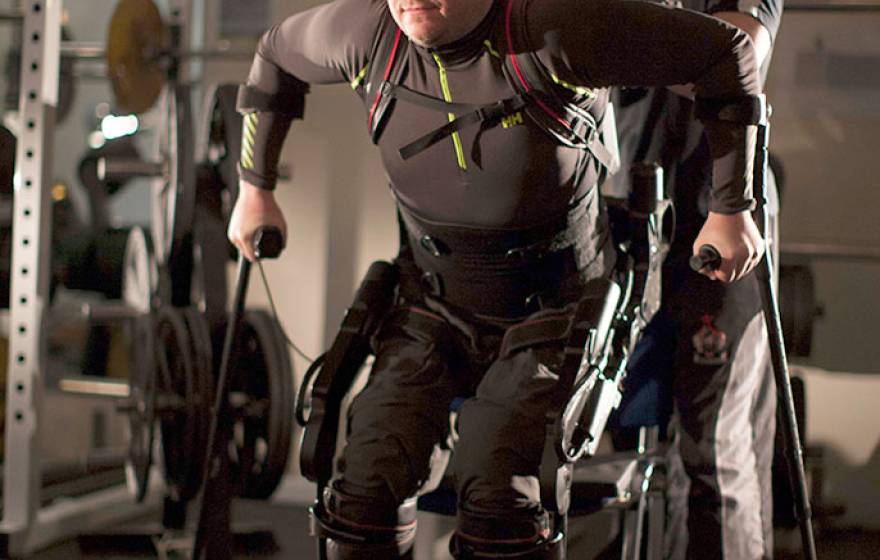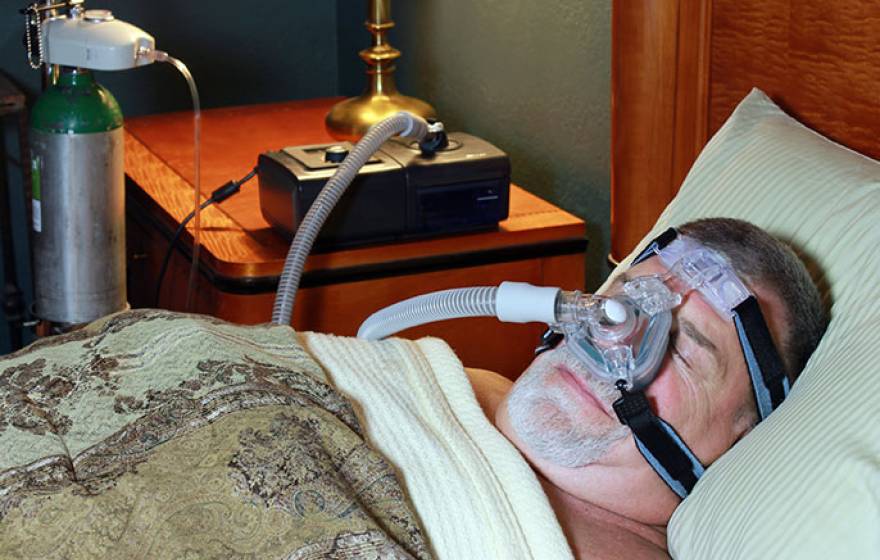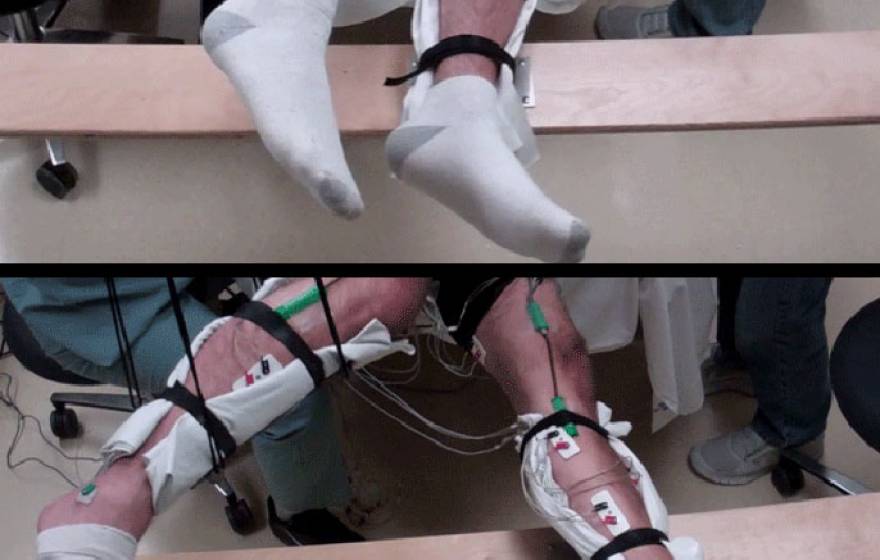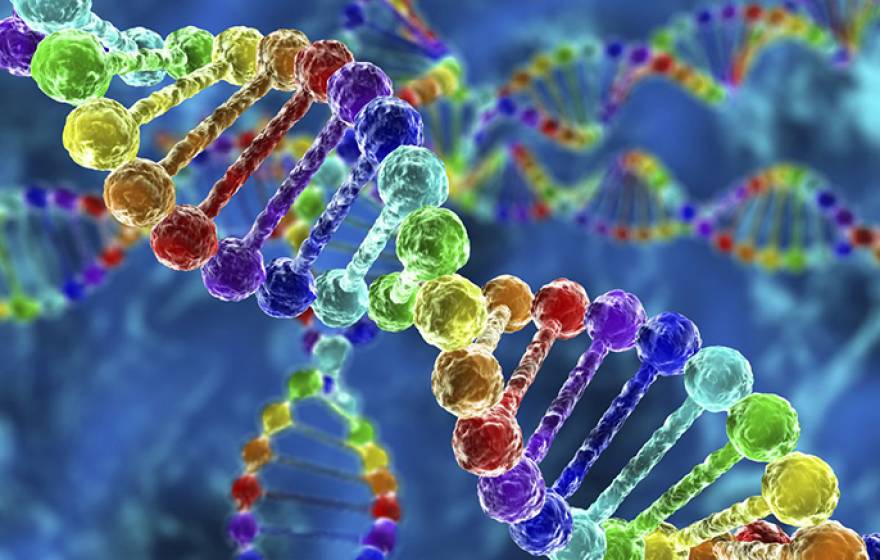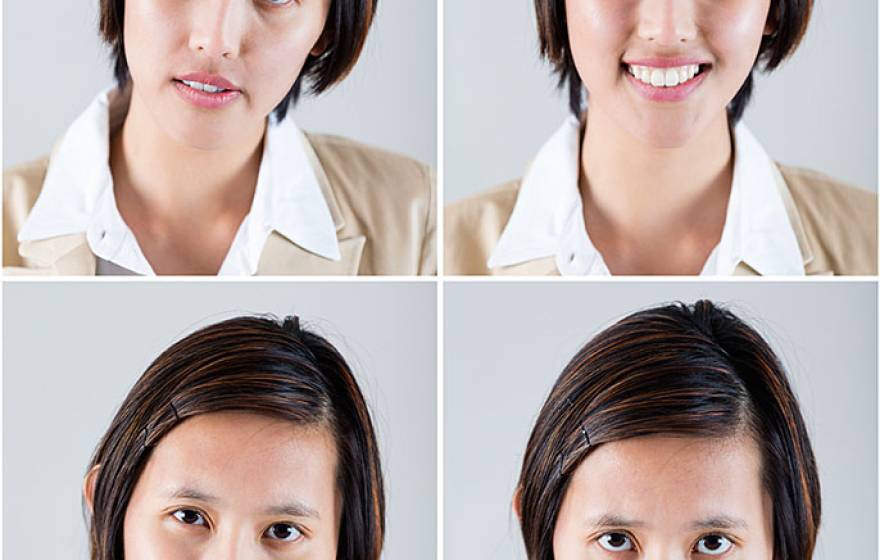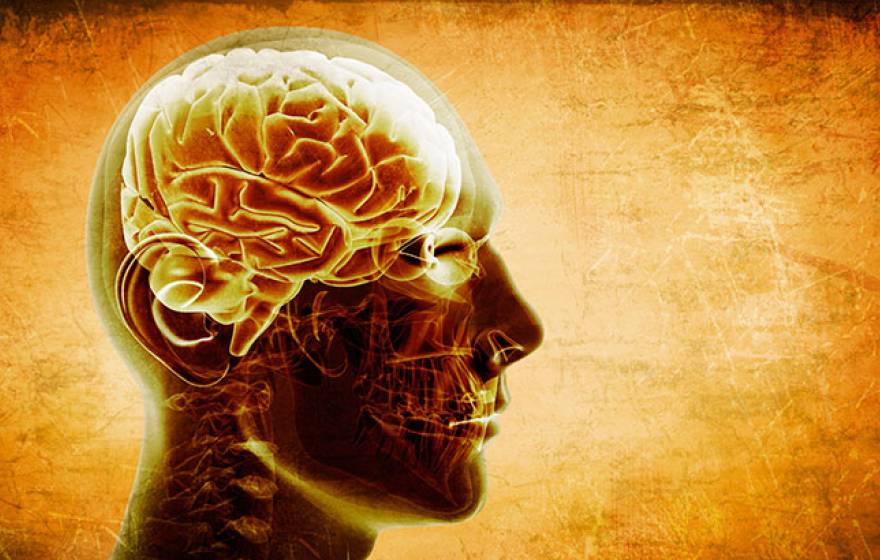A sweet may sound like a treat, but a steady diet of them also may impair recovery from mental deficits after head trauma.
UC Santa Barbara |
Mission impossible?
Humans just aren't cut out for tedious jobs like monitoring a computer screen — even if the consequences of failure are dire.
UC San Francisco |
New research institute will explore brain’s extraordinary changeability
Initiative is part of $100M commitment to neuroscience by the Kavli Foundation.
UC San Diego |
Uncovering the secrets of the adolescent brain
Big data study will explore the developing minds and brains of 10,000 children.
UC Irvine |
Paralyzed man walks with help of brain-computer interface
Mind-controlled technology bypasses spine and creates gateway to a host of medical possibilities.
UCLA |
Completely paralyzed man voluntarily moves his legs
Robotic step training and noninvasive spinal stimulation enable patient to take thousands of steps.
UCLA |
First evidence of how obstructive sleep apnea damages the brain
The disorder contributes to a breakdown of the blood–brain barrier, which protects brain tissue.
UCLA |
Non-surgical approach helps people with paralysis move their legs
UCLA study's results are believed to be the first time voluntary leg movements have ever been relearned without surgery.
UC Davis |
Autism's costs estimated to be $500 billion, potentially $1 trillion, by 2025
UC Davis health economists have for the first time projected costs of caring for all people with the disorder.
UCLA |
Study may show way to predict autism or psychosis in children with genetic disorder
UCLA-led research may help lead to earlier, more targeted intervention for people with DiGeorge syndrome.
UC Berkeley |
The sleep-deprived brain can mistake friends for foes
Without enough shut-eye, a smile can look more like a scowl. And the price for that mistake can be high.
UC San Diego |
What we know colors what we see
Perception is strongly influenced by prior knowledge, lending credence to the theory that the brain does not faithfully represent the environment but rather attempts to predict it.


